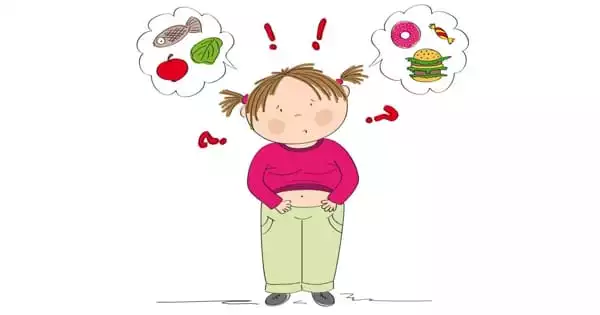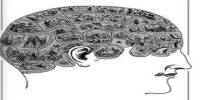Parental alienation refers to a process in which a child’s relationship with one parent is negatively impacted by the behavior of the other parent. This can include a range of behaviors, such as speaking negatively about the other parent, interfering with contact or communication, and actively trying to turn the child against the other parent. It is often seen in the context of divorce or custody disputes, and can have significant psychological effects on the child and the targeted parent. It is important for parents to prioritize the best interests of their children and work to maintain healthy relationships with both parents, even during difficult circumstances.
This can occur in the context of divorce or separation and can be harmful to the child’s well-being and development. It’s important to address this issue through effective communication, family counseling, and if necessary, legal intervention. This can occur in the context of separation, divorce, custody disputes, or other family conflicts. It can have long-lasting harmful effects on the child’s relationship with both parents and their overall well-being. The concept is still a matter of debate in the psychological community and is not universally recognized as a syndrome.
Parental alienation can be emotionally damaging for the child and can have long-lasting effects on their relationships with family members. It is important for parents to recognize and address this issue, and in some cases, seek the help of a mental health professional to resolve the conflict and restore a healthy relationship between the child and both parents.
Parental alienation proponents argue that it is primarily motivated by one parent’s desire to exclude the other parent from their child’s life. Some argue that parental alienation should be classified as a mental disorder in children. Some argue that parental alienation should be classified as a type of child abuse or family violence. They claim that parental alienation causes stress for both the alienated parent and the child, and that it increases the child’s lifetime risk of mental illness significantly.
The theory of parental alienation has been used in court to award custody to a parent who claims estrangement or to modify custody in favor of that parent. Courts have generally rejected parental alienation as a valid scientific theory, but some have allowed the concept to be argued as relevant to determining the child’s best interests when deciding custody. Legal professionals acknowledge that alienating behaviors are common in child custody cases, but they are skeptical of the concept of parental alienation.
















